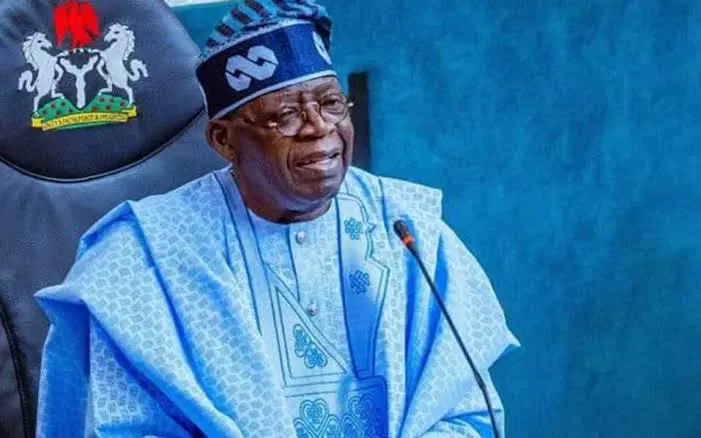The Department of State Services (DSS) is facing significant backlash following its decision to replace Adegboyega Fasasi, the Chief Security Officer (CSO) to President Bola Tinubu, with Rasheed Lawal, a deputy director in the agency. This move, orchestrated by the newly appointed Director-General, Mr. Tosin Ajayi, is interpreted by some as a necessary step in reorganizing the service, while others view it as a politically motivated witch-hunt.
Critics allege that the replacement aims to undermine the political influence of Fasasi, suggesting it is part of a broader strategy to disrupt established power dynamics within the agency. They have vowed to oppose the redeployment, asserting that it threatens the integrity of the security apparatus.
Conversely, supporters of the move argue that it is a commendable effort by Ajayi to restore professionalism within the DSS. Reports indicate that Fasasi had received multiple promotions over the past year without completing essential professional training, which is now being addressed through this reassignment for further education.
Sources within the intelligence community have expressed concerns that this situation mirrors past conflicts, particularly recalling the Major Al-Mustapha incident during the Sani Abacha era, where personnel were perceived as operating outside the command structure.
In response to allegations of unfair treatment toward Fasasi, a well-placed source emphasized that the narrative being pushed by political figures does not accurately reflect the reality of the situation, hinting at deeper complexities within the agency’s inner workings.

